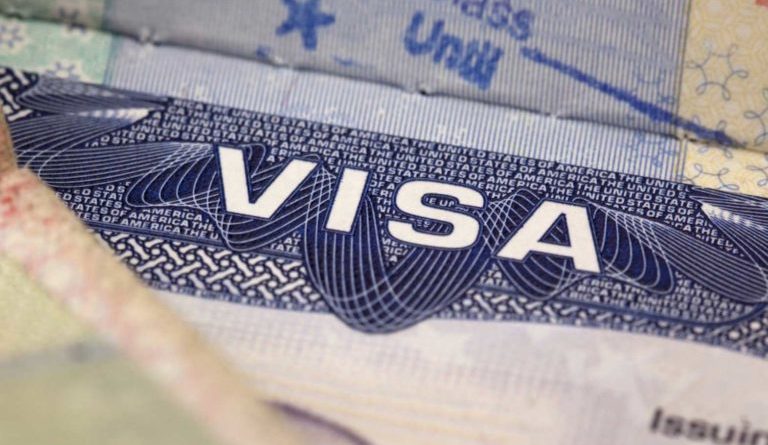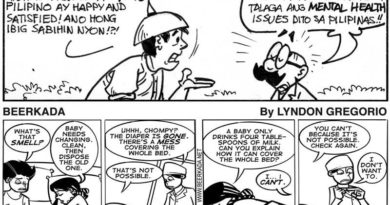OPINION-US VISA | IMMIGRATION CORNER- Don’t backdate fraud

Dear Atty. Gurfinkel:
I am a US citizen and petitioned my parents. When they went to the US embassy for their interviews, their visas were refused and they were charged with fraud. This is because they visited the US in 2006, and although given six months, they overstayed by two years and returned to the Philippines in 2008.
They were somehow able to obtain a stamp in their passport “backdating” their return to the Philippines, making it appear they returned in 2006, so that they could hide the fact that they had overstayed. The consul charged them with fraud for backdating their return to the Philippines. Is there anything we can do?
Very truly yours,
GL
.

@[email protected]
Dear GL:
I have come across many cases where people overstayed in the US and thought that by backdating their return to the Philippines, their overstay would be hidden. This is not true. There are many records of a person’s travels, such that a back-dated stamp in their passport will not cover up the overstay.
For example, when a person goes to the airport and checks in for an international flight, the airline personnel take the person’s passport and swipe it like a credit card. The information about their name and flight, including the date of the flight, is recorded in the airline’s computers and provided to immigration authorities, including the Philippine Bureau of Immigration (BI) and the US Customs and Border Protection (CBP). Also, for non-immigrants, their I-94 (record of arrival/departure) is now automated or computerized. It used to be that CBP would staple the white I-94 card in the person’s passport, which indicated how long the person was allowed to stay in the US. Now, that record is on CBP’s website, and a person can simply enter their name and passport number, and their history of travel to and from the US is available online. This means it is also available to the consuls at the US embassy.
Therefore, if a person attempts to backdate their return to the Philippines through a fake stamp, their actual travel history is available online, and their fraud would be discovered.
If a person is charged with fraud, there could still be hope. If they have a spouse or a parent (not a child) who is a US citizen or lawful permanent resident, they could apply for a fraud waiver by demonstrating that their spouse or parent would suffer extreme hardship.
Also, in rare circumstances, it could be possible that a misrepresentation about previously overstaying in the US may not even require a fraud waiver, provided it was “removed by operation of law.”
If a person has been charged/accused of any kind of fraud (not just backdating their passport), they should consult with an attorney who can evaluate their case and determine if they made a misrepresentation, if the misrepresentation was material, or whether a fraud waiver is required. The attorney can also help guide you in terms of gathering the appropriate evidence and packaging the fraud waiver to increase your chances of success.]
.
Ads by:

@[email protected]









